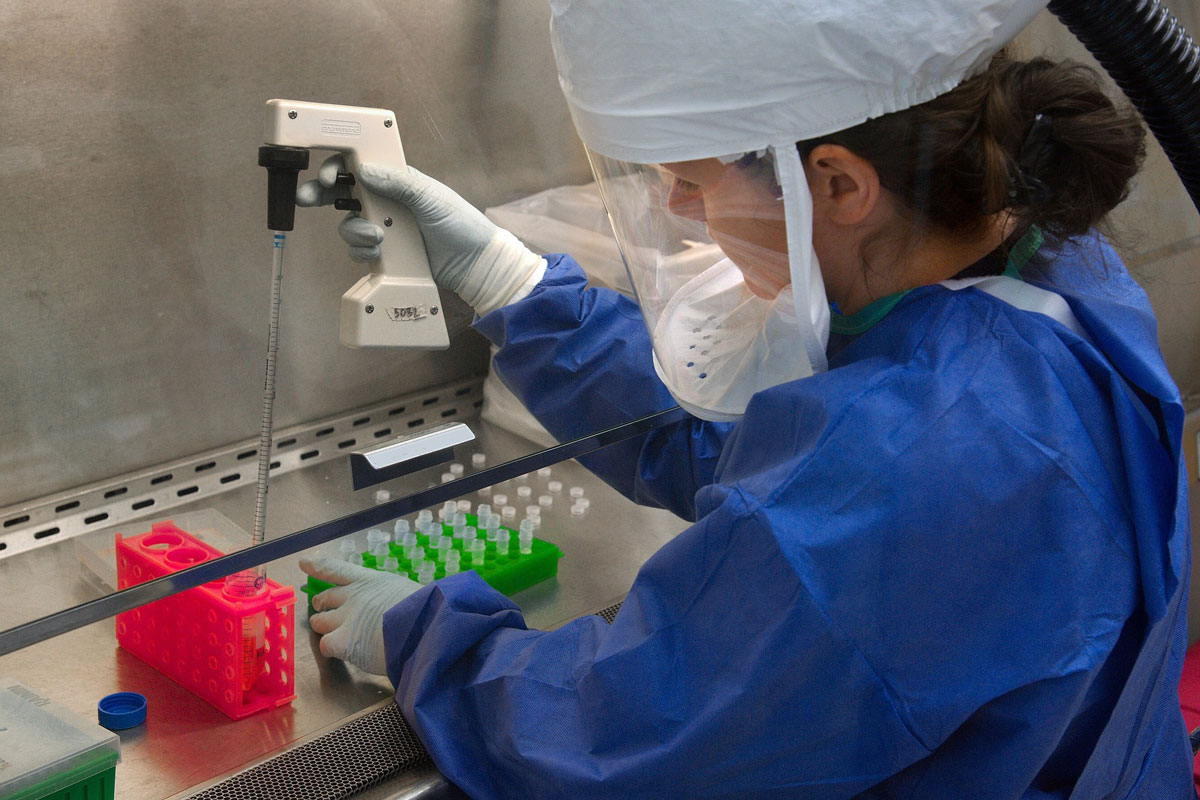Four female voices in science
Reflections on gender and science from the experience of professionals

We celebrate the International Women’s Day on 8 March. It is a day to demand equality between women and men. The presence of women in scientific careers is more and more significant every day, although there is still a long way to go. In addition, introducing gender perspectives allows to analyse how science is made and managed. This approach is designed to produce science in which the role of women scientists is equivalent to that of men in number and hierarchy, science to reveal the distinctive features of women and men, as well as the former’s own characteristics.
To commemorate this day and give visibility to the work of women in scientific careers, Mètode has talked to four researchers from different Spanish institutions so they can tell us their personal experience and point of view regarding the relationship between women and science: Pilar Gayán, researcher at the Institute of Carbon Chemistry (CSIC); Emilia Matallana, Full Professor of Biochemistry and Molecular Biology of the University of Valencia; María Ibáñez, researcher at the Research Institute for Pesticides and Water of the Jaume I University; and Teresa Rodrigo, Full Professor of Atomic, Nuclear, and Molecular Physics of the University of Cantabria.

Why did you decide to devote your career to science?
Pilar Gayán: I have been interested in technology and the world around us since I was a girl. In addition, during my time as a student, science subjects were my favourite. When I finished my degree in chemistry, I had the opportunity to start writing a master’s degree dissertation, which brought me closer to scientific work. Then I started researching for my PhD with a national grant and confirmed that working as a scientist is the best job in the world: you learn something new every day and create something that did not exist before.
Emilia Matallana: I have been interested in teaching and natural science since I was a girl. During upper high school education I focused on biology and the prospect of becoming a university professor allowed me to work on research and teaching. I have never regretted it. These two activities keep you always busy, in constant evolution.
María Ibáñez: From a young age I knew I wanted to become a chemist and research. This field has always been compelling to me, especially forensic science.
Teresa Rodrigo: There was no single fact. I just liked numbers and sciences. I guess a good physics teacher in high school pushed me towards this sort of studies.

Do you think you have faced more obstacles to your career because you are a woman?
P. Gayán: No, during my career I have not felt discriminated against or undervalued because I was a woman. However, I have to admit that women are a minority in my field of research, chemical engineering.
«There is as much discrimination and prejudices against women in science as in everyday life» (Teresa Rodrigo)
E. Matallana: Like any career, science is a difficult field for women. The roles we are allocated when we are born, which we assumed as our own, are an obstacle. I have not felt discriminated against by institutions or other colleagues, but this is not true for other women.
M. Ibáñez: Not in my personal case. However, it is certainly difficult combine motherhood and such a demanding career sometimes.
T. Rodrigo: Obstacles in our fields are always a bit more subtle than in others, but there is as much discrimination and prejudices against women in science as in everyday life. Although it might be difficult to identify these behaviours sometimes, they are there, normalised in daily work.

What would you say to young women who want to work on science?
P. Gayán: This is an exciting field and it does not matter that we are a minority. I would encourage them to go for it.
E. Matallana: First, I would emphatically encourage them to do it. Science is a difficult career, but when it is vocational, satisfaction is guaranteed. Efforts have to be shared and priorities established, but this has to be assumed naturally. Priorities are not immutable and can change over time. I they clear that they want to do this, when science stops being their priority, they will also appreciate their new option.
M. Ibáñez: Due to stereotyping, girls tend to not choose scientific and technological interests. However, I would like to encourage all young people to engage in this rewarding field. I would tell them to work hard and make an effort.
T. Rodrigo: Go ahead, it is worth our effort. I think we have excellent attributes for science. Thanks to the feminist movement and gender studies, we fortunately have many resources to analyse, understand and transform reality.
Do you think gender studies can contribute to your field of research? Is it being implemented already?
P. Gayán: No, it makes no sense in chemical engineering.

E. Matallana: I think it is necessary in all areas of life. In my research, is is not easily applicable due to our subject matter, but it can always be incorporated to work management. People’s gender influences the development of a project.
«Gender studies can always be incorporated to work management» (Emilia Matallana)
M. Ibáñez: In my field of research it is also quite complicated to apply. We try to include subjects from both sexes as much as possible, as in controlled metabolism or consumer trend studies.
T. Rodrigo: In my field it is quite difficult to stress, but gender perspectives are fundamental in many scientific areas such as health or education, and it has already contributed great insights.





